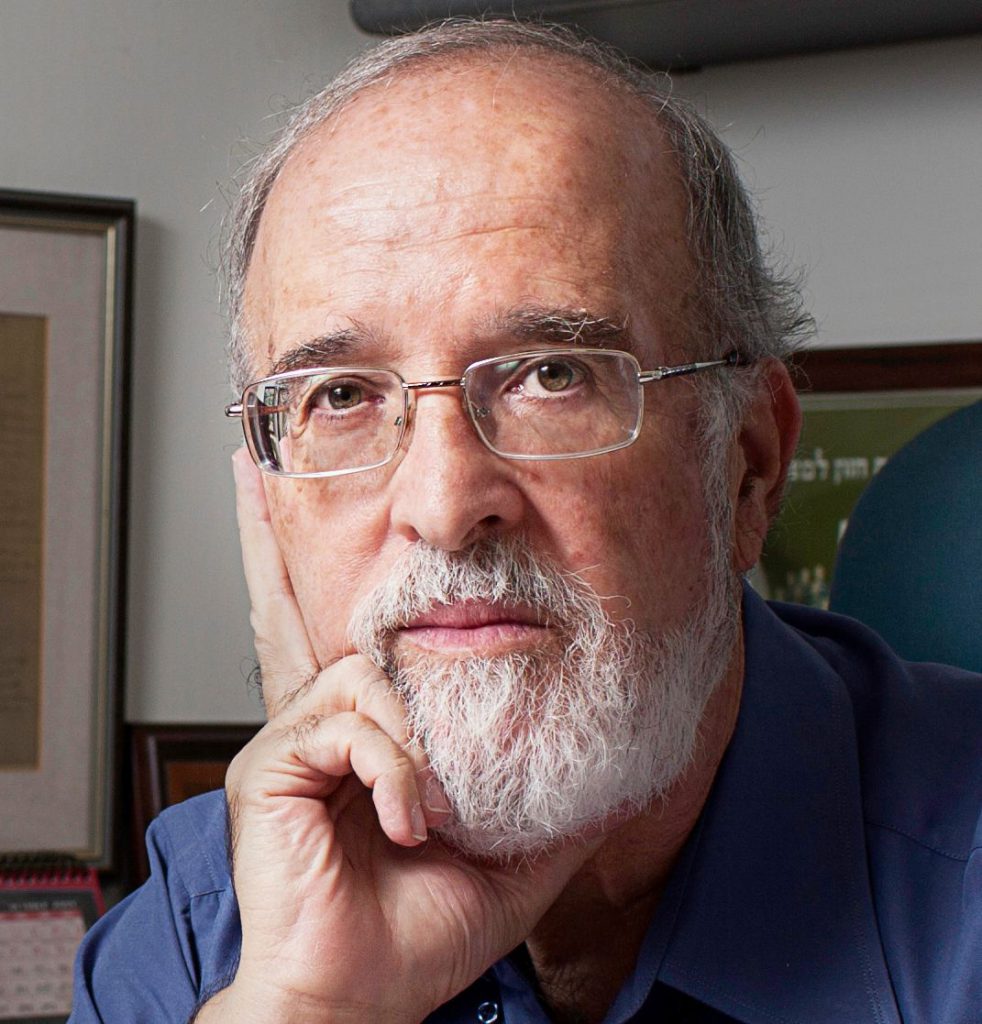Israel is known as a “Start- Up Nation”. Basically it is a phenomenon based on old cultural ingredients like questioning any authority, daring to take risk, putting the task of nurturing human capital and educating youngsters for excellence, at the top of the list of priorities, etc.
The following personal story may serve as a demonstration of these claims, better than a thousand scholarly papers.
The story starts some 10 years ago, when I was already the Chairman of Israel Space Agency.

The three young men who were sitting at my Tel-Aviv University’s room looked very disappointed. They had just finished presenting enthusiastically their plan to build a small spacecraft that would land on the Moon, send an image to Earth, jump about five hundred meters aside, and send another image. “We will do it in 3-4 years, at a cost of about $ 10 million,” said Yariv Bash, Kfir Damari and Yonatan Winetraub, “and we will win a $ 20 million prize announced by Google Xprize for the first private (non-governmental) group to do so. We will contribute the prize to educational activity that will attract the youth in Israel to study science and technology in general and space in particular.”
I was impressed, knowing that only the United States, Russia and China have done it before.
Their faces fell when I told them that I estimate the cost of the spacecraft to be at least $ 80 million, which is four times the value of the prize. I looked at their faces and remembered similar situations in my life, when I came with a new idea and met deep skepticism expressed by the “professional”. I was lucky in life and despite the doubts, I was always given the opportunity to prove my ideas.
I looked again at their faces and asked myself what may go wrong if we will let them prove it. What can we really lose, I thought. According to the competition rules, the investment must come mostly from private sources, and hence there is no risk here of public money.
“You know what,” I told them, “I will give you the opportunity to present the idea for 10 minutes at the space conference we are holding next week at Tel Aviv University, and we will make sure that some philanthropists will come to the conference and maybe they will be impressed. I’ll invite those who care about education of young generations in Israel and have Zionist pride in their veins.”
And so it was. Morris Kahn, was in the audience when they gave their presentation and he gave them several hundred thousand dollars to start developing the idea. And this was only the beginning (“beginning” is the meaning of the word Beresheet in Hebrew, which is the name of the Moon lander). At the end he found himself donating approximately half of the final cost which was (including launch) about $ 100 million. Morris also worked to recruit key personnel for the management of SpaceIL, and the rest is history.
It’s the message that counts
The spacecraft successfully made its way to the moon. Unfortunately, few seconds before the end of the landing maneuver, someone in the control room pushed the wrong button, and it crashed on the surface of the Moon. The night after the hard landing, young people celebrated with dancing, hugs, and conversations about the huge distance we’ve passed and the short distance that was left.
The message was important – we got to the moon, made history, made Israel the 7th country to ever reach it and the first private organization in history to succeed getting to the moon.
One can draw some lessons learned from this story. No “doubt” can stop a group of young entrepreneurs from trying to realize an idea they believe in. All the elements needed to realize technological dreams – creativity, technological knowledge, the mobilization of talented people on a voluntary basis, funding, etc. – are all existing in this Start-Up ecosystem, and one only needs to reach out and “pick” them.
The story about the three young entrepreneurs that convinced everyone to support them, is not unique. Speaking about Space, Israel was not only the first small country which landed (although it was “hard” landing) something on the Moon. It is also the first country that launched successfully a Nano-Satellite built entirely by High School students.
And that is why we are going to launch a second “Bereseet”. We want kids, educators and parents, not to be afraid of failures, and to show persistence, and determination. We want to make sure they don’t stop dreaming and doing whatever is needed to make those dream come true.
Professor Isaac Ben Israel is the head of Yuval Ne’eman Workshop for Science, Technology and Security, Director of the Blavatnik Interdisciplinary Cyber Research Center of Tel Aviv University and Chairman of Israel Space Agency.





